Charles NEBOT, former wealth management advisor, created AUPREA (helping families resolve succession challenges and contribute to collective prosperity) in June 2024.
On November 29, 2024, an exceptional conference was held at the National Assembly to raise awareness among families and propose concrete solutions to inheritance issues.
Analysis of the Letchimy law and its impact on succession management
On the program
• Charles NEBOT, founder of AUPREA: Presentation of AUPREA’s vision and the wealth inventory book.
• A notary: How to get out of joint ownership and unblock successions.
• A banker: Financing inheritance costs and better understanding banking processes.
• A former MP: Analysis of the Letchimy law and its impact on succession management.
The Letchimy law only applies to overseas departments and regions, i.e. Guadeloupe, Réunion, Martinique, Guyana and Mayotte. But also to certain overseas communities: Saint-Barthélemy, Saint-Martin and Saint-Pierre-et-Miquelon.
Indeed, 40% of private land in Martinique is blocked by joint ownership, i.e. 26% of land that is managed jointly and 14% of land that corresponds to open successions. The Letchimy law aims to revive the real estate market in these territories where real estate assets present in joint successions take many years to be settled.
In these regions, joint inheritance is a cause of deterioration of buildings. It is also the main obstacle to the use of land. These issues have already been addressed by the Letchimy law, which aimed in particular to facilitate the management and exit of joint inheritances of more than 10 years in the overseas communities (Guadeloupe, Martinique, Réunion, Guyana, Mayotte) and in those of Saint-Barthélemy, Saint-Martin and Saint-Pierre-et-Miquelon.
The Letchimy law: the tool to resolve old and bloated joint inheritances?
But it was necessary to go further. This is why the existing system was clarified and enhanced by the law of April 9, 2024 relating to the fight against degraded housing (art. 51), which came into force on April 11, 2024.
In application of the Letchimy law, acts of sale and division of real estate can be decided with half of the undivided rights, instead of the unanimity required under common law; This same majority rule applies, against two-thirds in common law, for the management of undivided property (general administration mandate, residential leases, acts of administration, sales of furniture to pay debts and charges of the joint ownership in particular). Initially valid until December 31, 2028, this system is extended until December 31, 2038. The same applies to the exemption from the 2.5% partition duty.
Simplified procedure for notification of sales and division projects
To sell or share undivided real estate, the chosen notary had to, in addition to the publication measures, notify the project by extrajudicial act to all the joint owners. New clarifications: the notification is made to the joint owners who are not the initiators of the project. For others, the project will be delivered to them in person (Law 2018-1244, art. 2 amended by law 2024-322 art. 51, II-3°). This makes it possible to simplify the procedure for the notary and the cost of sending, often numerous and distant, extrajudicial documents.
If the sharing is carried out in principle per head, it is done by stub in the event of representation (Civil Code art. 827). In the aforementioned overseas territories, where successions sometimes extend to several dozen people and over several generations, the judicial sharing of successions opened for more than 10 years can also be done by stub (Law 2024-322 art. 51, II-4°):
* when the shareable mass includes real estate dependent on several successions;
* when these assets cannot be easily shared or allocated:
– in kind given the large number of joint owners,
– per head given the obvious complexity of identifying, locating or implicating all the joint owners within a reasonable time and at a reasonable cost.
In the latter case, the request for division by stub must be the subject of collective publicity as well as individual information with regard to the joint owners identified and located during the procedure. Any interested person has a period of one year from the completion of the last of the publicity or information measures to voluntarily intervene in the proceedings.
At the end of this period, voluntary interventions remain possible if the intervener can provide a legitimate reason, assessed by the judge, which prevented him from acting. The division by stock may take place if at least one joint owner per stock is a party to the proceedings. All members of the same stock are considered to be represented in the case by those who were parties to the proceedings, unless it is established that their failure is not their fault or that it is due to a voluntary omission by the applicant.
Since April 11, 2024, the rules of the inheritance option allowing an heir to be forced to accept or not the inheritance at the end of a period of four months from the opening of the inheritance (Civil Code art. 771 to 775) are applicable to inheritances opened before January 1, 2007 and not yet divided on that date (Law 2024-322 art. 51, II-6°). The other heirs can thus summon the inactive heir to take sides. This special regime allows to go outside the scope of article 47 of the law of June 23, 2006, which provides that the provisions relating to the option are applicable to successions opened as of January 1, 2007.
The system proposed by the Letchimy law, intended to revive the real estate market overseas, has so far been of little mobilization. Let us bet that the law to combat degraded housing will, thanks to the improvements and new features brought, allow to unblock the innumerable situations of joint inheritance in overseas (more than a third of the land concerned in these regions).
Calling on a lawyer then becomes essential in the presence of a blocked succession, that he will be able to help you in your steps in order to unblock the joint ownership of real estate present in the succession.
This 10-year period does not in any way address local issues related to filiation problems in Overseas Territories and the occupation of others’ property without right or title.
Reducing the limitation period risks both compromising the implementation of the controls necessary for the procedure and worsening land disorder.
Today, it is more a question of strengthening and supervising controls to avoid any abuse and the tragedies that result from it.
I am aware that this law creates a new procedure and that, like any new development, it sometimes causes concern. The application of the Letchimy law is currently limited to a few years, but may be extended if necessary.
Faced with these observations, Charles NEBOT has come up with a tool capable of preventing these blockages and transforming these challenges into opportunities: the asset inventory book.
Unanticipated successions are often synonymous with conflicts and loss of value for families. • Joint ownership blockages: Many lands and real estate assets remain unused for years, hampering their economic potential.
• Lack of knowledge of the procedures: The lack of benchmarks leaves heirs helpless, with assets that lose their value due to lack of proactive management.
• Intergenerational conflicts: These situations create tensions and family divisions, which can last for several generations.
A promising deployment in Africa and an international vision
In addition to its launch in France, the heritage inventory book is currently being deployed in several African countries, where inheritance issues are just as critical:
• Encourage the formalization of family assets: Identify heirs and centralize information to avoid prolonged conflicts.
• Adapt solutions to local realities: Take into account the legal and cultural specificities of each country.
• Stimulate local economies: Free up land to allow its exploitation and development in development projects.
This international deployment marks AUPREA’s ambition to become a global player in estate management, while responding to local needs in a relevant manner.
By using the heritage inventory book, families can:
• Free up unused land: Allow more efficient exploitation of inherited land and real estate.
• Invest in the regions: Reinvest resources from estates into local economic projects.
• Preserve family relationships: Anticipate conflicts and promote consensual decisions, for united generations.
Today, estate challenges are not limited to family aspects. They also have major economic implications.
• Reduce immobilized assets: Too often, properties remain blocked for years due to lack of clarity in estates. With the book, families can unblock these assets and take advantage of them.
• Enhance the value of the regions: By freeing up land and facilitating local investments, AUPREA is helping to revitalize local economies.
• A sustainable transmission tool: By offering families an accessible solution, the booklet contributes to more responsible and proactive wealth management, allowing the new generation to build on solid foundations.
AUPREA positions itself as a key player in this transformation, by offering adapted tools to meet these challenges, both family and economic.
©2024 – IMPACT EUROPEAN
Views: 0




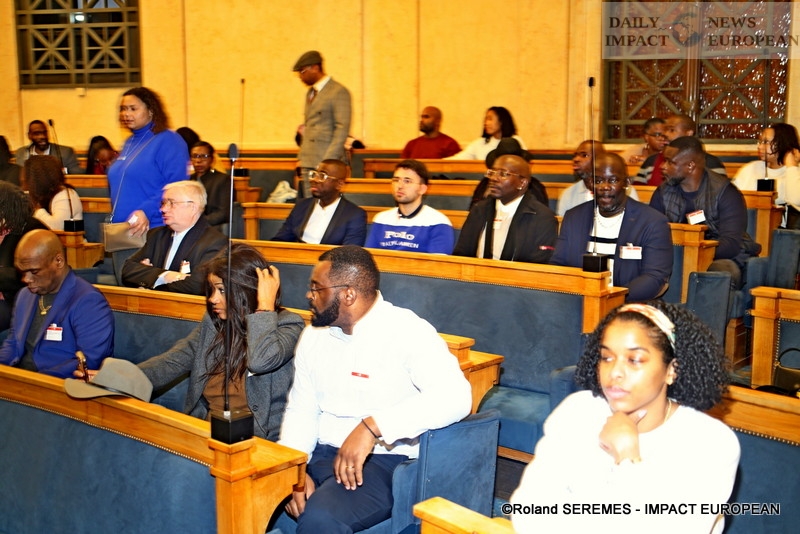
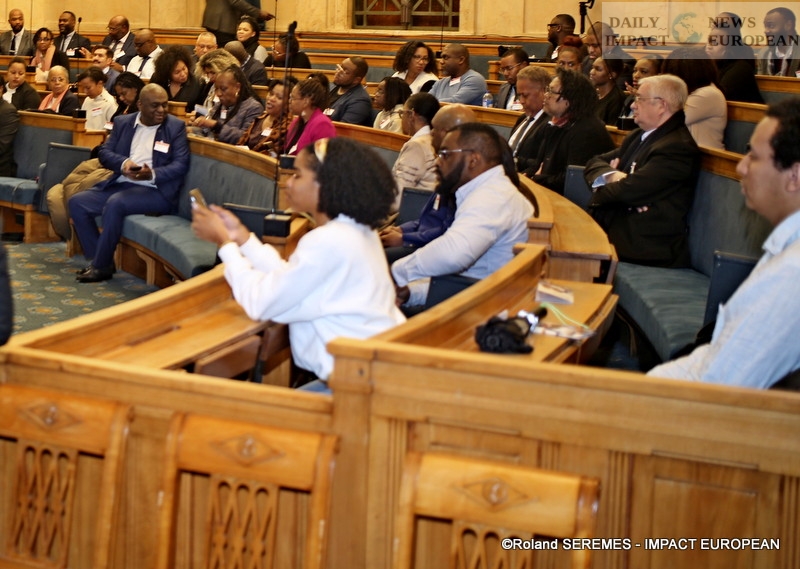
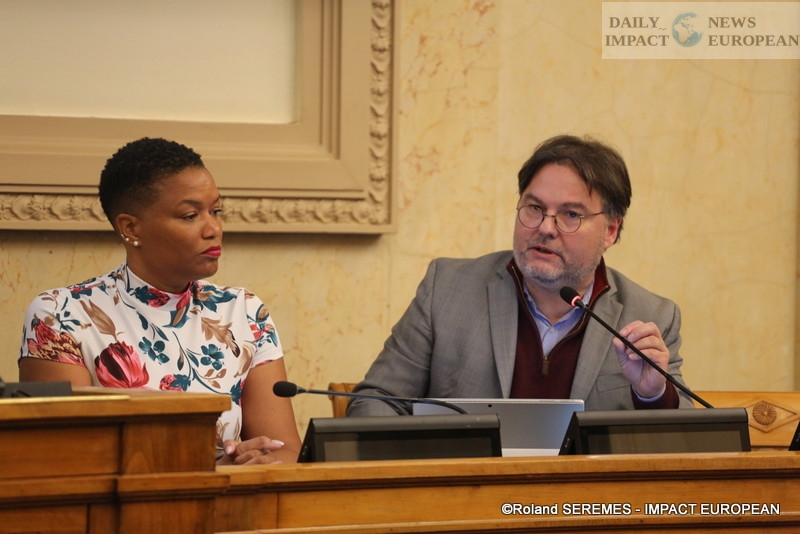
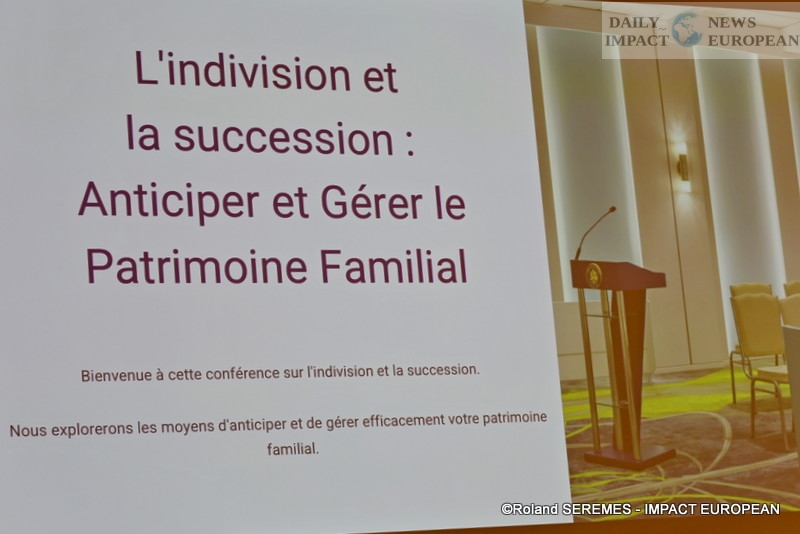
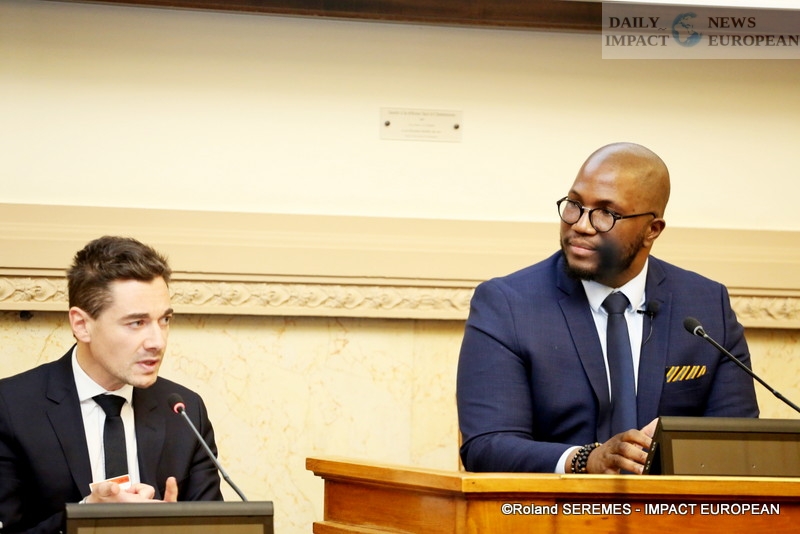







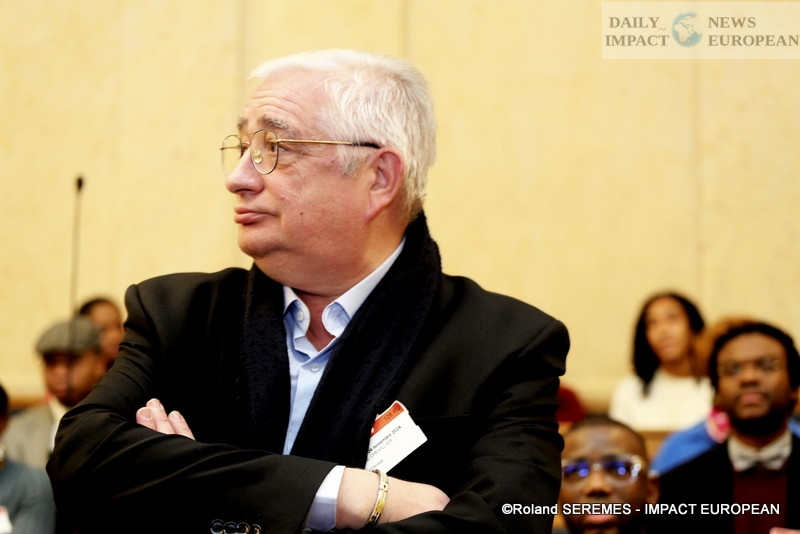



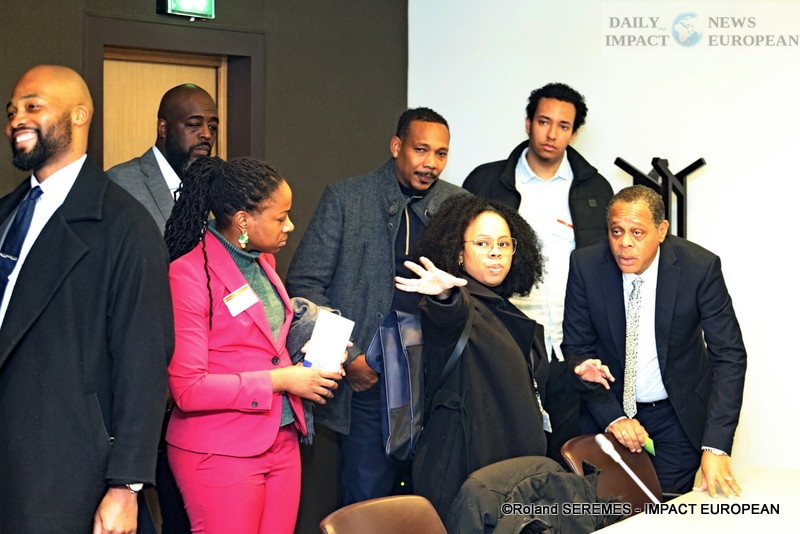
More Stories
Georges Fenech, a Symbol of Renewed Youth, Finds Love Again and Gets Married
United Arab Emirates and Artificial Intelligence: Global Leadership and Strategic Partnerships with France
Premiere of « Gourou » at Pathé